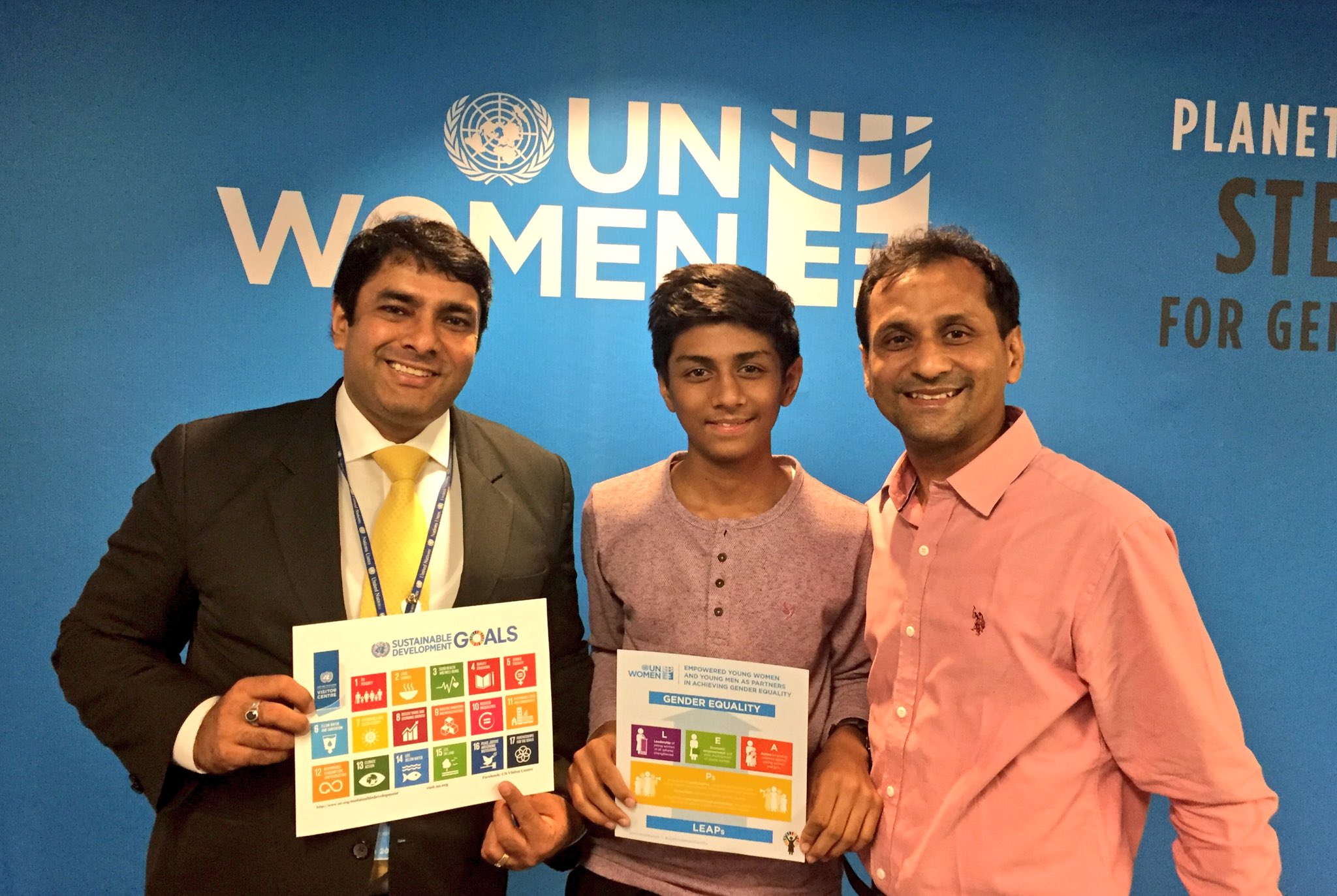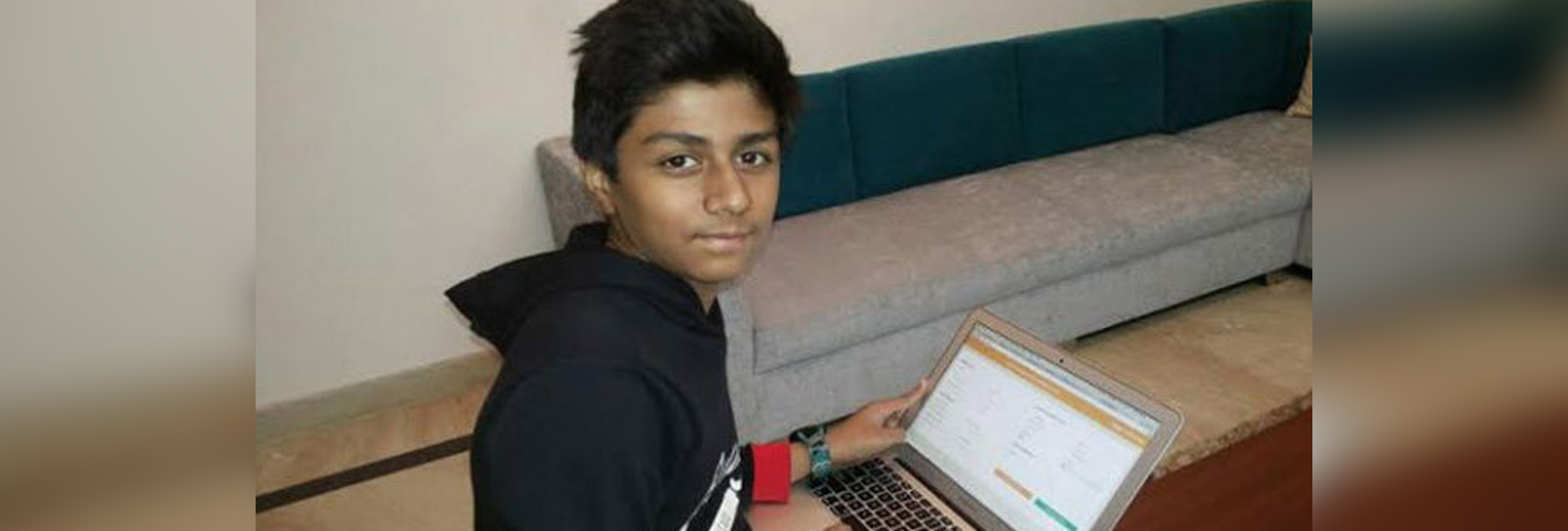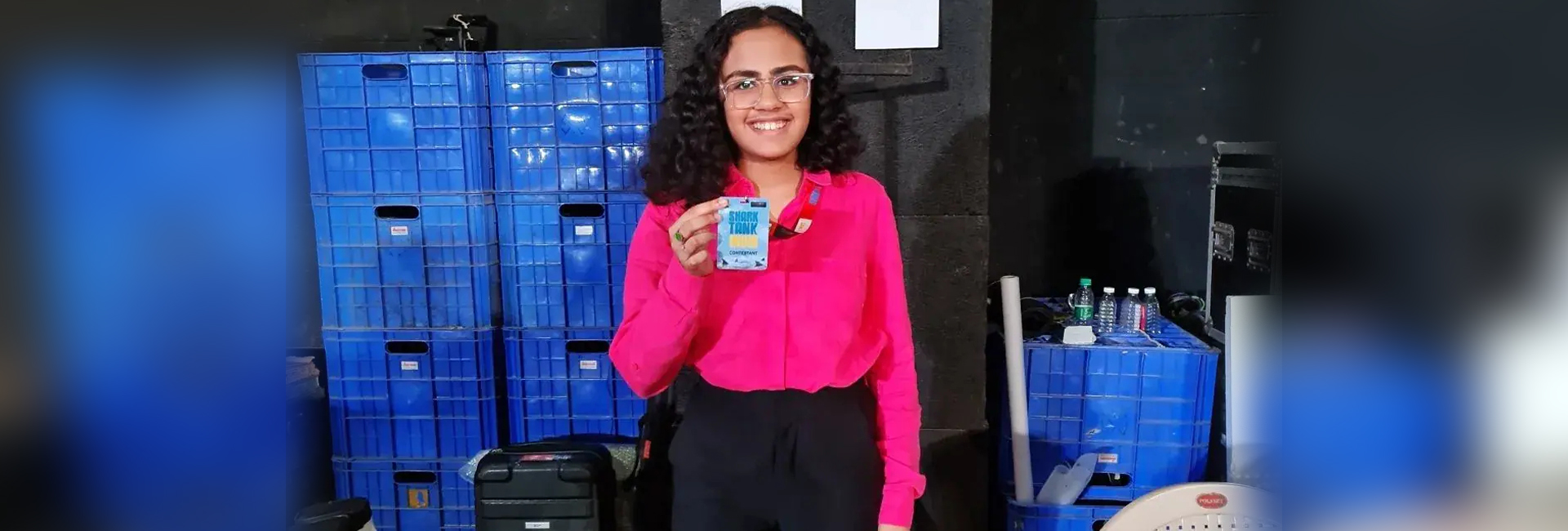(October 2, 2022) CM Arvind Kejriwal’s decision to implement the odd-even car rule in the national capital was appreciated not just across the country, but by many foreign leaders as well. However, the scheme that was aimed at curbing the growing rate of pollution and traffic in Delhi, did cause the city dwellers some discomfort. Akshat Mittal’s father was one of the people whose schedule was disturbed, as every other day he had to search for a friend who owned a vehicle with an odd registration number. To help his father, and millions of other Delhiites, the then 13-year-old entrepreneur came up with a web platform Odd-even.com – which helped people in New Delhi share rides in 2015. The platform helped over 60,000 people and was later sold to a carpooling company Orahi for an undisclosed amount.
“When the Chief Minister declared that odd and even numbered cars will ply on alternate days, I thought about the problem people would face due to enforcement of the new rule. The idea was that many people living in the same locality might want to go to the same place, but might not be aware of each other. My website aims to bridge the communication gap. Besides, the platform will also help make new contacts,” the young entrepreneur told YourStory during an interaction.

Akshat Mittal, entrepreneur
However, his story doesn’t end here. When the pandemic forced blue-collar workers to migrate back to their native places, Akshat found another online platform, Bharat Shramik, to help the daily wage labourers look for a sustainable livelihood closer to their homes. Decorated with many awards, including the Student Entrepreneur of the Year 2020, this future leader is currently studying business economics at the University of California, Los Angeles.
Like father, like son
When he was just a toddler Akshat would sometimes just sit on his father’s lap and watch him develop websites for his work. As he grew up, he too started learning about computer coding programmes from his father. A brilliant child, it didn’t take long for the young entrepreneur to create a website all by himself. “I did the HTML, CSS, and JAVA coding, and my father helped me with PHP coding,” explained the Global Indian.


Akshat and his father at the UN Women conference
For Odd-even.com, Akshat focussed on connecting people travelling on a similar route to reach their workplace. In fact, his website was so sophisticated that it ran on algorithms based on the age, gender, profession, and timings of commuters’ travel. “All you need to do is log in and put your details, including name, registration number of the car, destination, and preferences,” shared Akshat. To ensure the riders’ safety, the platform also asked the user to log in through their social media platform and upload a government-issued photo identification proof.
Making an impact
When COVID stuck, Akshat was studying in standard XI. One day, while watching the news with his family, the young entrepreneur got to know about migrant workers moving back to their homes in huge numbers. While it seemed like a situation that would solve itself in a couple of days, the news about labours dying of heatstroke, accident, or even starvation moved the young boy. “I was touched by the news of migrant workers starving and dying due to hunger. While there are jobs and unemployed workers, there is no mechanism to tie them together,” Akshat shared with Economic Times.
After a few weeks of working day and night, Akshat developed a website – Bharat Shramik – that could help with the situation. The platform uses matchmaking technology to help unemployed workers search for a job closer to their homes. The workers can register themselves on the website by calling a multi-lingual helpline number +91 8822 022 022, which is powered by Knowlarity. The platform also helps employers, who had to close operations during the pandemic, to hire a workforce from the website. The database will also be shared with the local governments to help them improve their unemployment programmes.
The young entrepreneur, who aspires to be an investment banker someday, is focussed on helping those in need. “I aspire to initiate a bigger social change in India. I noticed how there was no single repository where citizens can list all the issues that they face daily. I wish to create such a database one day,” the changemaker said during a media interaction.




